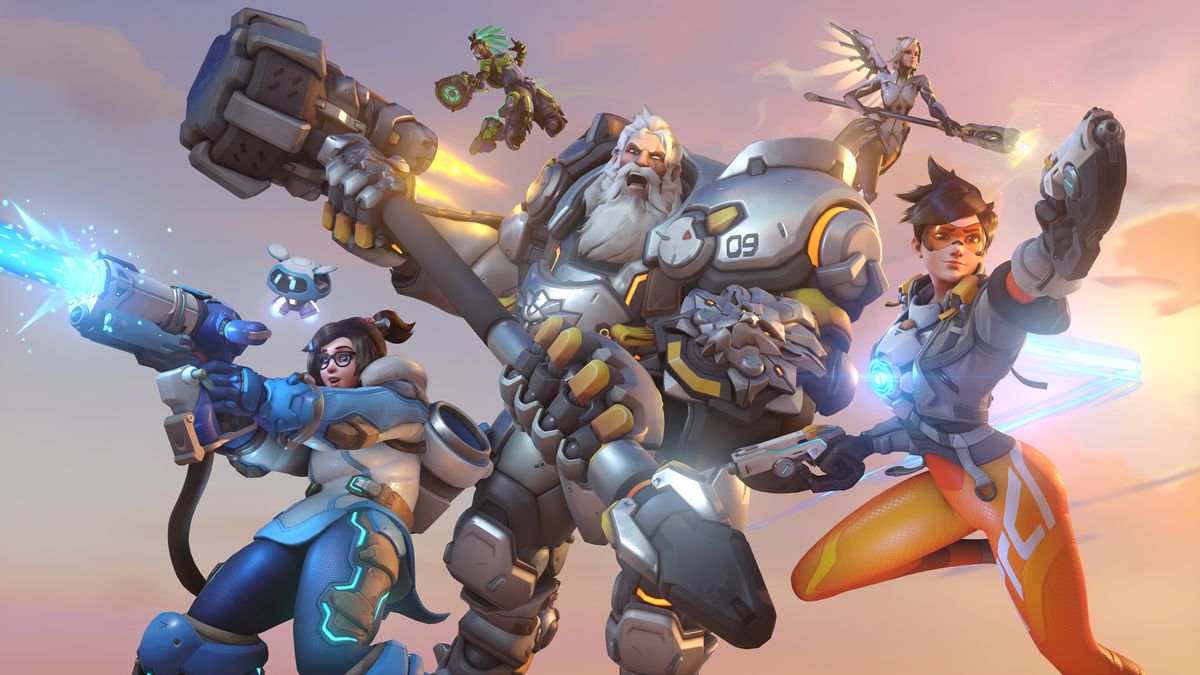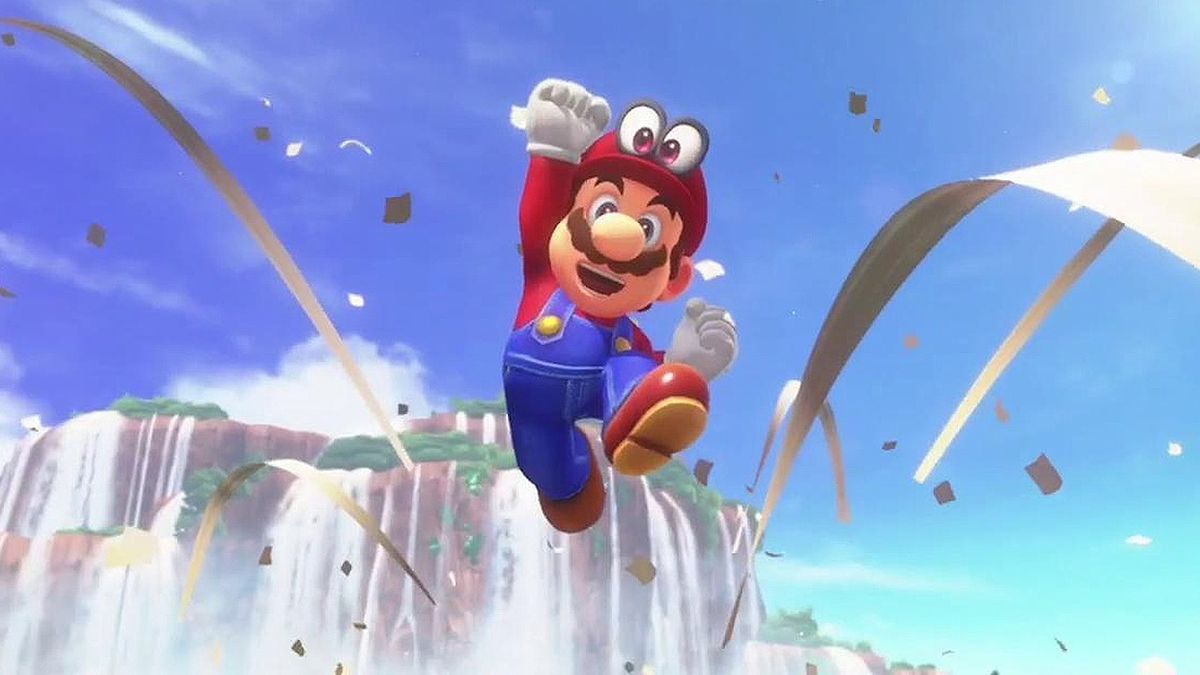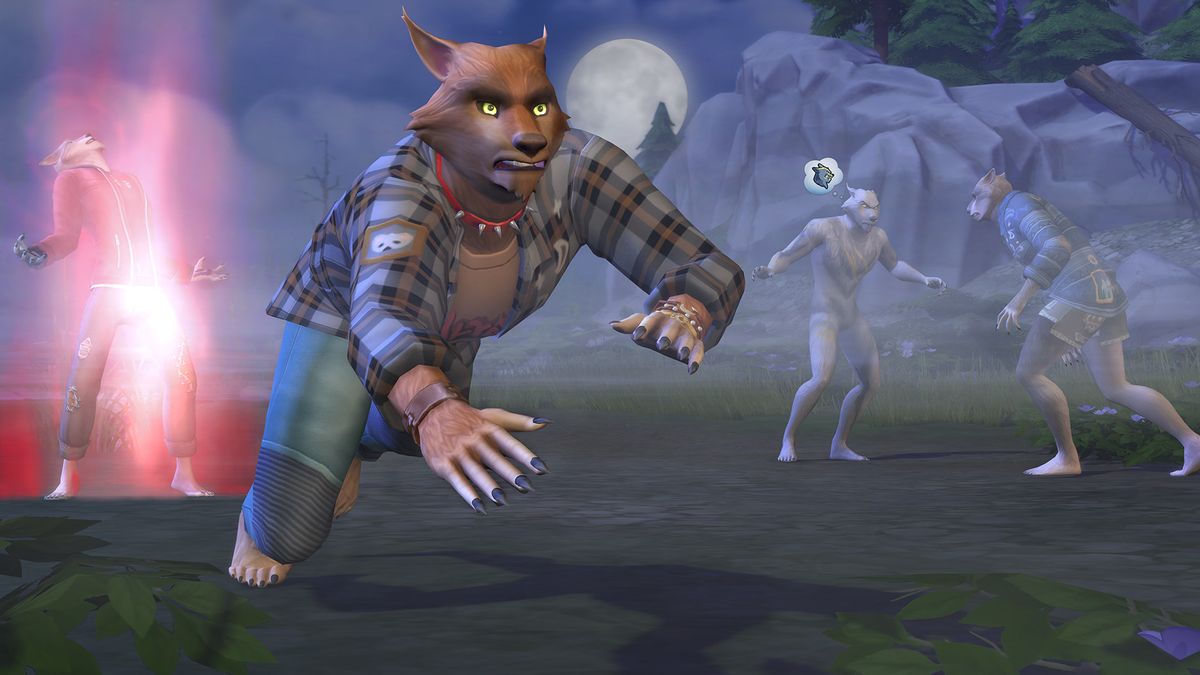The Entertainment Software Association (ESA) confirmed it will continue supporting the Stop Online Piracy Act (SOPA) despite opposition from a number of its members and the gaming community at large.

“As an industry of innovators and creators, we understand the importance of both technological innovation and content protection, and do not believe the two are mutually exclusive,” wrote the ESA in a statement to Joystiq. “Rogue websites – those singularly devoted to profiting from their blatant illegal piracy – restrict demand for legitimate video game products and services, thereby costing jobs. Our industry needs effective remedies to address this specific problem, and we support the House and Senate proposals to achieve this objective. We are mindful of concerns raised about a negative impact on innovation. We look forward to working with the House and Senate, and all interested parties, to find the right balance and define useful remedies to combat willful wrongdoers that do not impede lawful product and business model innovation.”
SOPA has lost many influential video game supporters since its arrival in September, including Nintendo, EA, and Sony Electronics. However, since many of these same companies comprise ESA’s current membership, their withdrawal from the SOPA supporters list has appeared to critics like a safe public relations move, rather than a firm stance against the controversial bill.
The ESA’s faith in SOPA—or at least the spirit of SOPA—has also drawn criticism from the industry. In one example, Mommy’s Best Games founder Nathan Fouts this week implored ESA members to pressure the association into ditching its SOPA support, posting, “From what I can tell, my company lost plenty of potential sales of our recent game Serious Sam Double D to online piracy. But SOPA is not the answer to fixing piracy problems!”
A vote on SOPA was recently delayed until sometime in early 2012. If passed, SOPA will provide the US Government and private corporations with greater authority in the war against online piracy by allowing them to seek swift legal action against websites they believe to be in violation of copyright laws. SOPA opponents argue the bill far too vague in what it classified as copyright violations, and that it would lay the groundwork for greater internet censorship.
Read the (shrinking) list of SOPA supporters link.
 Game News Video Games Reviews & News
Game News Video Games Reviews & News



